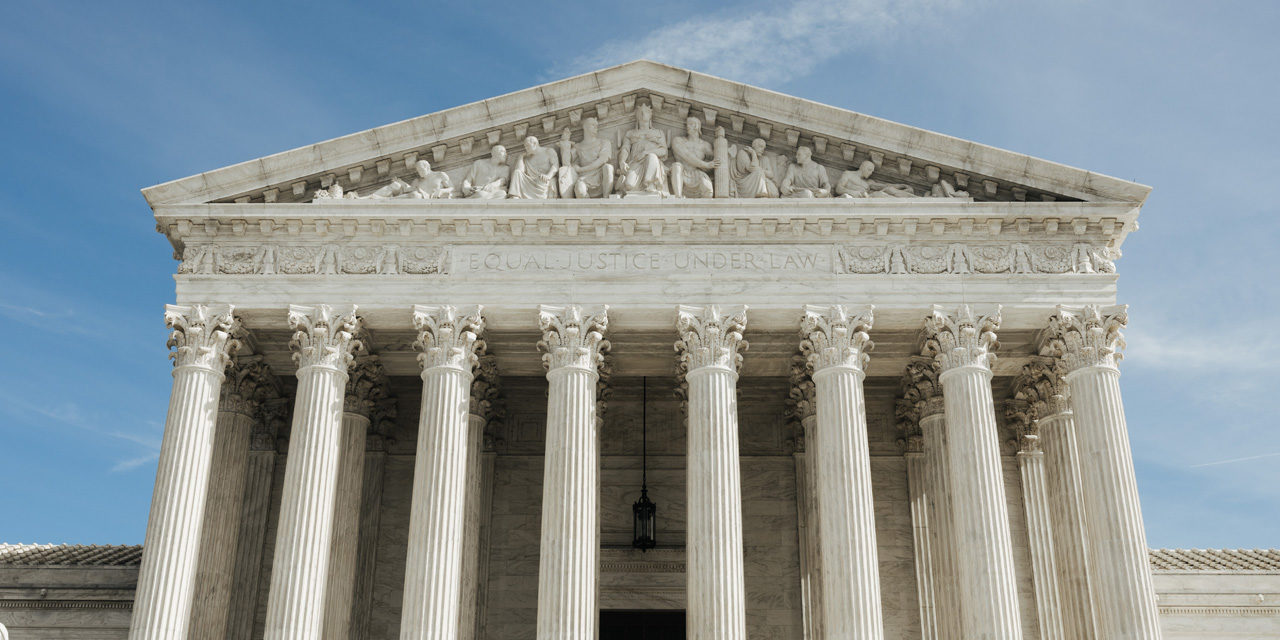In a 7-2 opinion on Wednesday morning, the Supreme Court handed down a victory for religious schools by affirming their right to hire and fire teachers without being subject to employment-discrimination claims.
The case centers around whether elementary school teachers at Catholic schools are classified as “ministers” for the purpose of employment-discrimination claims. If they are, according to Supreme Court precedent decided in Hosanna-Tabor v. EEOC in 2012, then religious schools are immune from being sued for discrimination in employment claims.
Today, the court reaffirmed Hosanna-Tabor and concluded that courts cannot second guess the decisions by religious institutions to classify their teaches as ministers. The court said that judges are bound to “stay out” of employment disputes between churches and other religious institutions because of the First Amendment.
Justice Alito delivered the majority opinion and was joined by Chief Justice John Roberts and Associate Justices Thomas, Breyer, Kagan, Gorsuch, and Kavanaugh.
Justices Sotomayor and Ginsburg dissented from the ruling.
In this case, two elementary school teachers were fired from teaching at Roman Catholic schools in Los Angeles. The two teachers subsequently brought employment-discrimination claims with one alleging that she was fired so she could be replaced with a younger teacher, i.e. age discrimination. The other teacher claimed she was fired because she requested a leave of absence to acquire breast cancer treatment, i.e. discrimination based on disability.
The court said that the Religion Clauses of the First Amendment forbid court intervention in this case.
“The religious education and formation of students is the very reason for the existence of most private religious schools, and therefore the selection and supervision of the teachers upon whom the schools rely to do this work lie at the core of their mission,” Justice Alito wrote.
“Judicial review of the way in which religious schools discharge those responsibilities would undermine the independence of religious institutions in a way that the First Amendment does not tolerate.”
This decision continues to give churches and religious institutions wide latitude in determining who they trust to properly and accurately teach their faith.
“As the Supreme Court has made clear in the past and has now made clear again, the First Amendment bars the government from interfering with a religious group’s employment decisions regarding its ministers,” Alliance Defending Freedom Senior Counsel and Vice President of Appellate Advocacy John Bursch said regarding the court’s decision. “In other words, the court has ruled in accordance with one of the primary purposes of the First Amendment.”
In concluding his opinion, Justice Alito wrote, “When a school with a religious mission entrusts a teacher with the responsibility of educating and forming students in the faith, judicial intervention into disputes between the school and the teacher threatens the school’s independence in a way that the First Amendment does not allow.”
The case is Our Lady of Guadalupe School v. Morrisey-Berru.
You can follow this author on Twitter @MettlerZachary
Photo from Shutterstock
Visit our Election 2020 page






